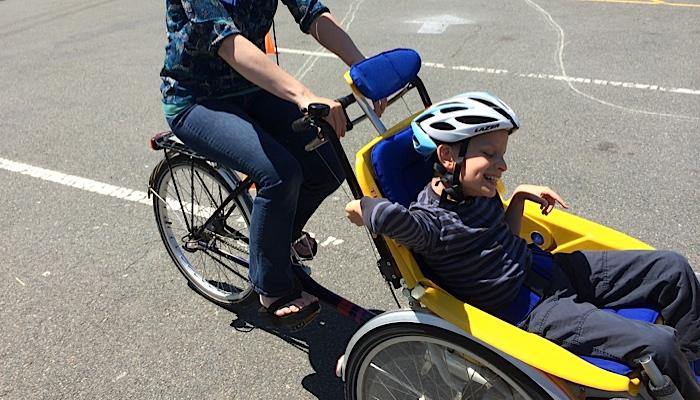Recreational Resources for Children with Special Needs in Massachusetts & New England

From tandem biking to assisted sailing, there is world of recreational opportunities out there just waiting to be discovered.
Every year the Physical Therapy department at the Franciscan Hospital for Children compiles a comprehensive guide to organizations and programs providing physical activity opportunities for children with special needs in Massachusetts and New England.
Maybe you want your child to learn martial arts, take riding lessons, or are looking for summer camp resources. It’s all here!
No matter what their abilities, it’s important to get your kids out into the world to experience as many new things as possible.
And with a little help, just about anybody can go sailing, ride a horse, enjoy swimming, or even go alpine skiing!
With just a bit of creativity, assistance, and adaptations, all of these activities are accessible.
The Recreational Resource Guide is available as a .pdf download. You will need Adobe Acrobat Reader to open the file.
You can also learn more about Adobe Accessibility and using screen readers to read .pdf files.
Download the Recreational Resource Guide.
Related Posts

Special Needs, Support
How Do You Keep Faith Alive When Your Child Remains Ill?
I understand the emotional toll of chronic illness, but I also believe in the power of faith and community to uplift and sustain us.

Toys, Visual Impairment
Barbie® Introduces the First Blind Barbie Fashionista Doll
Mattel, in partnership with AFB, announced the addition of a blind Barbie doll with white cane and sunglasses.

Sensory Activities
5 Edible Sensory Play Ideas
Check out our favorite edible sensory play activities to engage children's senses, boost their development, and provide hours of fun.